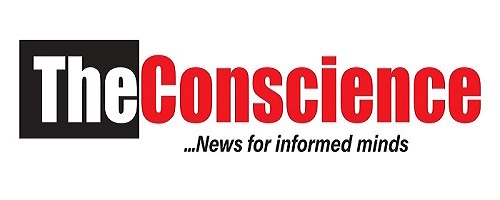US Tech Workers Call For Termination Of Foreign Student Work Programme
US tech workers have called for the end of the Optional Practical Training (OPT) program, which allows foreign students to work in the country temporarily after graduation.
Critics argue that the program, which is a key pathway for obtaining H-1B work visas, is taking jobs away from American graduates.
The debate has gained momentum as the inauguration of President-elect Donald Trump approaches.
Business Today reports that the OPT program has become a central issue in the immigration and job market discussions. The program, which permits international students, primarily from India, to work for up to a year after graduation, has been viewed by some as an unfair advantage for foreign workers.
The controversy stems from the belief that universities are offering work permits rather than providing education, a claim voiced by the group US Tech Workers.
Reports inform that US Tech Workers, an advocacy group, has been outspoken against the OPT program. They have argued that it is a “guest worker program masquerading as an internship” and is detrimental to American workers. In a recent post on social media, the group stated, “Universities are selling work permits instead of education.”
They added that, like the Deferred Action for Childhood Arrivals (DACA) program, the OPT program was created “illegally,” and called for its end to protect job opportunities for American college graduates.
While critics argue that the OPT program harms US workers, figures like Donald Trump, Elon Musk, and Vivek Ramaswamy have defended it. They argue that attracting skilled foreign workers is necessary to address the shortage of engineers in the US. These supporters maintain that the OPT and H-1B programs play a vital role in meeting the demands of the job market, especially in high-tech sectors.
The OPT program is especially important for international students on F-1 visas. After completing their studies, these students can work in the US for up to 12 months, with a possible extension of 36 months for graduates in STEM fields. For many, this is the only route to secure an H-1B visa, which grants them the right to work in the US long-term.
As of the current academic year, nearly 97,556 Indian students are enrolled in the OPT program, representing a significant increase from the previous year.
The OPT program has faced legal challenges, particularly from groups like the Washington Alliance of Technology Workers (WashTech), which has argued that it negatively impacts American workers, particularly in STEM fields.
Reports inform that in 2023, WashTech took the program to court, claiming that it harms US job seekers. However, the U.S. Supreme Court declined to review the case, allowing the program to remain in place.
The program’s expansion during the Obama administration has added fuel to the debate. The extension of the OPT program for STEM graduates from 29 months to 36 months was viewed by critics as a loophole that gives foreign students an unfair advantage.
Supporters of Trump, including his allies in the tech industry, argue that this extension is necessary to maintain a skilled workforce, particularly in fields where there is a shortage of talent.
The OPT program remains a contentious issue in the broader conversation about immigration and skilled labour in the United States. While it provides a vital opportunity for international students, its critics continue to argue that it undermines job opportunities for American citizens.






























